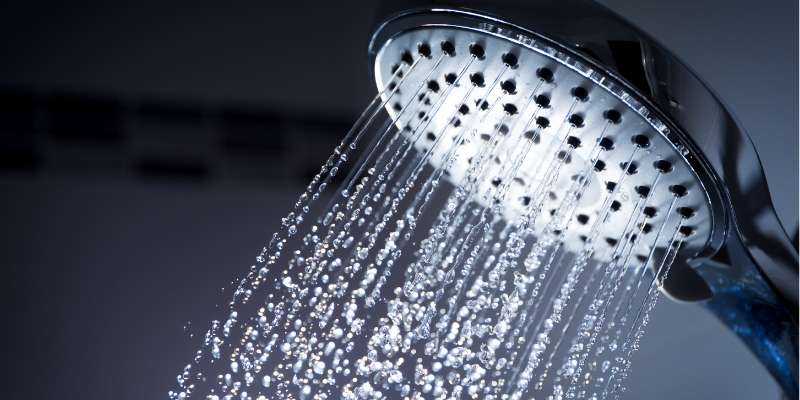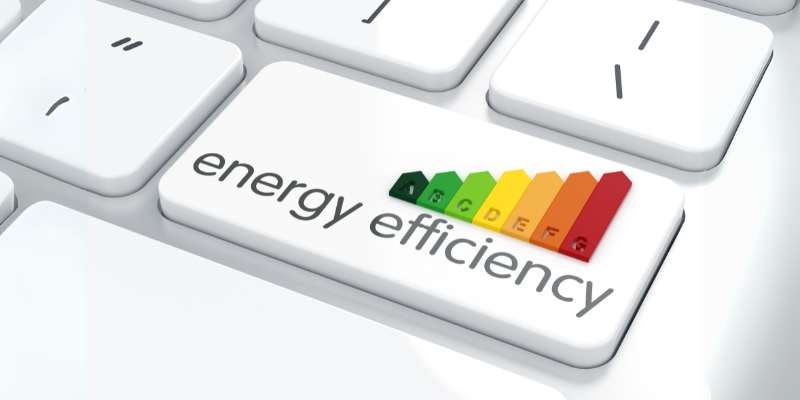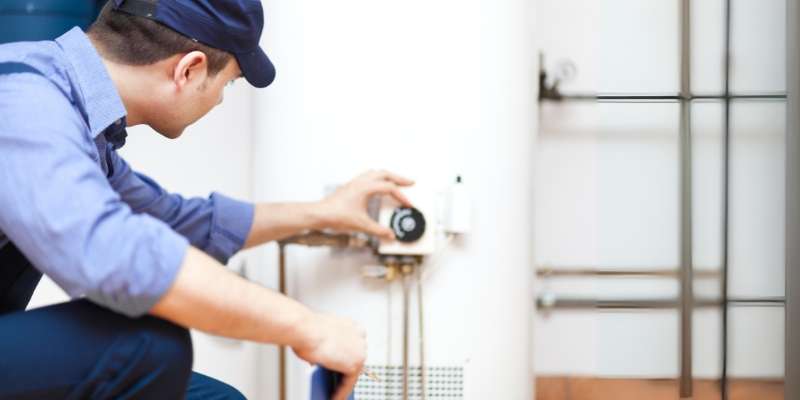Choosing the right hot water system for your home is crucial, as water heating accounts for 15 to 27 percent of an Australian household’s energy consumption, according to the Department of Climate Change, Energy, the Environment and Water (DCCEEW). This makes it the second-largest energy source in homes after heating and cooling. With various options available to Victorian households, it’s worth exploring which system suits your needs best. Many Victorians opt for heat pump hot water systems, offering significant energy savings. To help you make an informed decision, here are answers to common questions about domestic hot water systems. These will guide you through the different types, benefits, and considerations for selecting the most efficient and best hot water system option for your home.
Hot Water Systems: What You Need to Know
When selecting a hot water system for your home, you must decide between two main types: storage or instantaneous systems.
- Storage Systems: Storage hot water systems keep water hot and ready for use in an insulated tank. The tank can be made from copper, glass-lined, or stainless steel to help retain heat. Despite this insulation, heat loss from the tank and its pipes is inevitable. These systems can be powered by electricity, gas, solar energy, or heat pumps, providing flexibility in energy sources.
- Instantaneous (Continuous Flow) Systems: Instantaneous hot water systems heat water only as needed, eliminating the need for a storage tank and ensuring an endless hot water supply. These systems can run on gas (natural or LPG) or electricity. However, frequent small uses can cause energy loss due to water’s repeated heating and cooling.

Choosing the Best Hot Water System
When choosing a hot water heat pump system, consider the following types, each with its benefits and limitations:
Electric Hot Water Systems:
- Used by about 50% of Australian households, often due to their lower upfront costs.
- Cheapest to purchase and install but most expensive to run unless powered by solar PV.
- Energy-efficient only if paired with solar panels.
Gas Hot Water Systems:
- Traditionally considered economical, but now less efficient compared to heat pump systems.
- Best suited for instantaneous systems due to safety concerns with storage tanks.
- Higher heat loss in storage systems is due to a lack of insulation at the bottom.
- Medium to high purchase, installation, and running costs.
Solar Hot Water Systems:
- Utilize solar energy to heat water stored in an insulated tank.
- Require gas or electric boosters in colder climates or winter months.
- Higher initial cost but use at least 60% less energy than conventional systems.
- Significant long-term energy savings.
Heat Pump Hot Water Systems:
- Heat pump hot water is extremely efficient, nearly 80% more efficient than electric systems.
- Extract heat from the air to warm water, making them highly energy-efficient.
- It may require special models for cold climates (below 5 °C).
- Higher upfront costs, but rebates are available and can reduce energy bills over time.
- It can act like a battery with solar panels, further reducing costs.
- There is a low risk of overheating; the fan required for operation may produce minimal noise, but quality models are very quiet.
When selecting a hot water heat pump, consider your region’s climate, as colder areas may require specific types like heat pumps or solar systems with boosters. Your budget is also important, as initial costs vary significantly across different systems, from more affordable electric units to higher-priced solar and heat pump options. Consider your household’s energy consumption patterns to determine which system will be most cost-effective over time, factoring in running costs and potential savings on energy bills. By evaluating these aspects, you can make an informed decision that suits your home’s unique needs and maximizes energy efficiency.

Which Hot Water System is Best for Your Home?
A heat pump hot water system is often a great choice for many households, as it can significantly reduce energy costs over time, providing substantial long-term savings. However, it’s essential to thoroughly research and consult with suppliers to determine the best system for your specific needs. When choosing a hot water system, consider several factors:
- The initial purchase cost (factoring in any available rebates) and the ongoing running costs.
- The installation requirements and location of the system
- The type of energy source that is most accessible and affordable for your home will help you select the most efficient and cost-effective option.

Frequently Asked Questions
What type of hot water system is best for my home?
The best hot water system for your home depends on several factors, including your household size, hot water usage patterns, budget, and available energy sources. Electric systems are affordable upfront but can be costly to run. In contrast, gas systems are more efficient but may require gas connections. Solar and heat pump systems are energy-efficient and environmentally friendly but have higher initial costs. Assess your needs and consult a professional to determine the most suitable system for your home.
Are any rebates available in Victoria for installing a new hot water system?
The Victorian Government offers rebates under the Victorian Energy Upgrades (VEU) program for installing energy-efficient hot water systems, such as solar hot water and heat pump systems. These rebates can significantly reduce the upfront cost of purchasing and installing a new system. The rebate depends on the type of system installed and the energy savings it provides. A VEU accredited provider, like Opt Energy, must perform the installation to qualify. Check the latest rebate information and eligibility criteria to maximize your savings.
What factors affect the cost of running a hot water system?
Several factors impact the running costs of a hot water system, including the type of energy used (electricity, gas, solar), the system’s efficiency rating, and your household’s water usage. Additionally, installation location, climate, and the availability of natural resources like sunlight (for solar systems) can influence costs. Investing in a more energy-efficient system or utilizing rebates and incentives can help reduce long-term operating costs.
Why Choose Opt Energy as Your Accredited Provider?
When selecting a hot water system, choosing the right provider is just as important as choosing the right system. Opt Energy is a trusted and accredited provider under the Victorian Energy Upgrades (VEU) program, specializing in installing energy-efficient hot water systems. With a proven track record of delivering high-quality products and services, Opt Energy ensures that you receive expert advice, professional installation, and access to government rebates that can significantly reduce your costs. By partnering with Opt Energy, you benefit from our commitment to sustainability, superior customer service, and industry expertise—making us the ideal choice for your home’s energy needs.
Conclusion
In conclusion, choosing the best hot water system for your home is a key decision that affects both energy consumption and household costs. With various options available, from electric and gas to solar and heat pump systems, it’s important to weigh factors like initial costs, energy efficiency, installation requirements, and long-term savings. Heat pump systems are an outstanding choice for many, offering significant energy savings and lower running costs, especially with government rebates like those in Victoria. By carefully considering your home’s needs, climate, and budget and consulting with professionals, you can select a hot water system that maximizes your household’s comfort, efficiency, and value.

